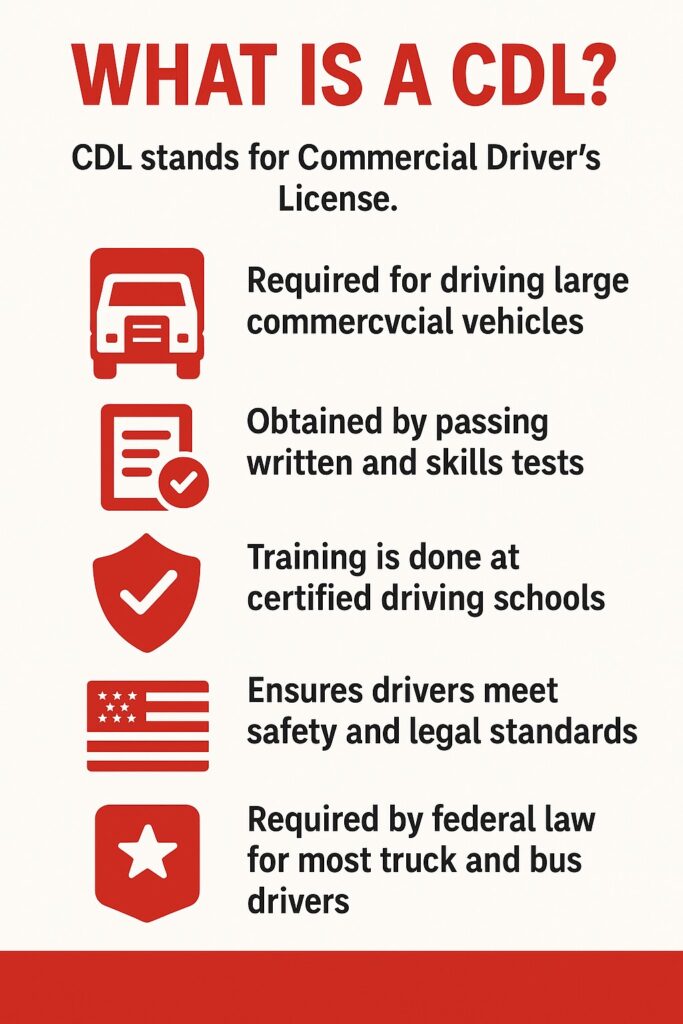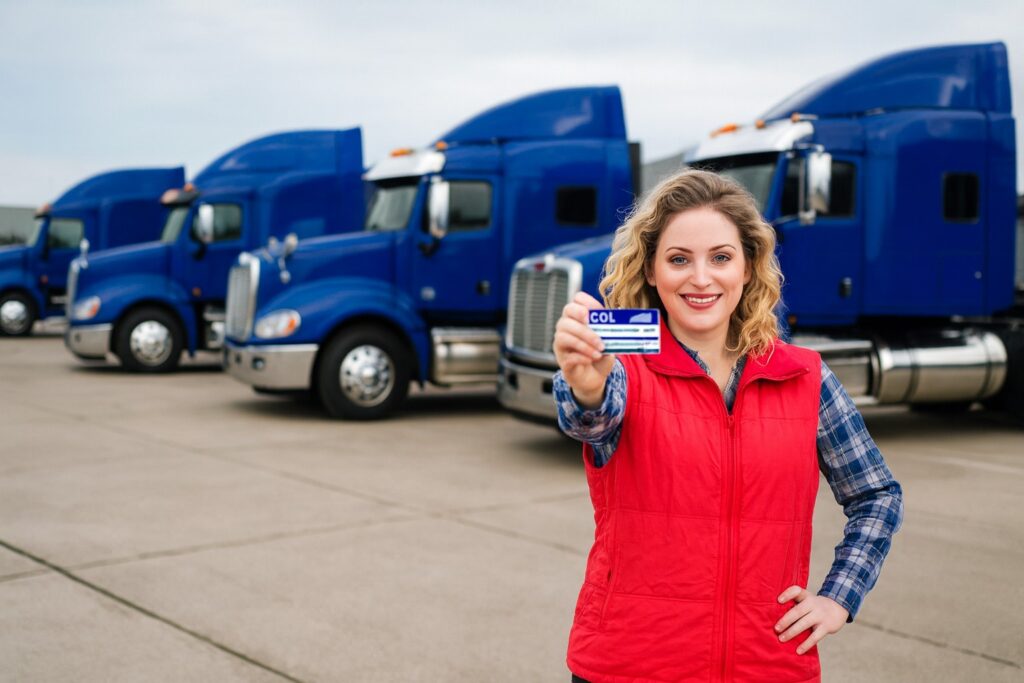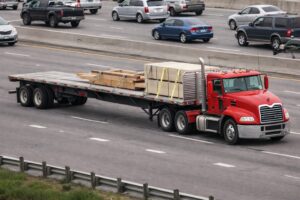The trucking industry keeps America’s economy in motion. Owner operators play a key role in this system, providing flexibility and coverage that big fleets cannot always match. If you want to run your own trucking business, you need to know the owner operator requirements before you start.
This guide explains the legal, financial, and experience requirements for owner operators, covering everything from licensing and registration to insurance, safety, and compliance. With the right information and preparation, you can build a successful business on the road.
1. Understanding the Role of an Owner Operator
An owner operator is a commercial driver who owns or leases a truck and contracts with motor carriers or directly with shippers. Owner operators are different from company drivers. Company drivers operate trucks owned by a trucking company, follow company policies, and get paid as employees.
Owner-operators run their own businesses. They control their routes and schedules. They handle all expenses and paperwork. They must also meet federal and state rules.
2. Education and Entry Level Experience
Most motor carriers want owner operators with a high school diploma or GED. This level of education helps with paperwork, business management, and understanding federal rules.
Before you become an owner operator, you need experience in the trucking industry. Most experts recommend working as a company driver for at least two years. Entry level experience helps you build safe driving habits, understand routes, and learn about equipment. It also makes it easier to get insurance and contracts as an owner operator.
3. Commercial Driver’s License (CDL) Requirements
A commercial driver’s license (CDL) is the most important document for any operator truck driver. To get a CDL, you must pass a written knowledge test, a skills test, and a Department of Transportation (DOT) medical exam. You also need to take a drug and alcohol test before you get your CDL.
Different CDL classes allow you to drive different types of commercial vehicles. Most owner operators need a Class A CDL, which covers tractor-trailers and most large trucks. If you plan to haul hazardous materials, you must get a HazMat endorsement, which requires extra testing and a background check.
You can learn more about CDL requirements on the FMCSA website.

4. Registering Your Trucking Business
Owner operators must legally register their businesses. Many drivers choose to register as a sole proprietorship, partnership, or limited liability company (LLC). Each option has different tax and legal protections. Speak with a business advisor or tax professional if you are unsure which to choose.
You must also open a business bank account. This step keeps your business finances separate from personal money and makes record keeping easier.
5. USDOT Number and Motor Carrier Authority
All owner operators need a USDOT number from the United States Department of Transportation. The USDOT number tracks your safety record, inspections, and compliance. You apply for a USDOT number through the FMCSA’s Unified Registration System.
If you plan to transport freight across state lines for hire, you must get your own motor carrier authority and an MC number from the Federal Motor Carrier Safety Administration. The MC number gives you the legal right to be a for-hire carrier. Both the USDOT and MC number must be visible on your commercial vehicle.
You can find step-by-step registration guides and forms on the FMCSA registration page.
6. Insurance Requirements
Owner operators must carry several types of insurance to protect themselves, their vehicles, and their cargo. Insurance is a legal requirement but also helps you recover from accidents or lawsuits.
The Federal Motor Carrier Safety Administration sets minimum coverage amounts:
- Public liability insurance: at least $750,000 for most carriers (often $1,000,000 for many shippers)
- Cargo insurance: at least $100,000 (amount may vary based on the type of freight)
- Physical damage insurance for your vehicle
- Bobtail insurance (covers your truck when it is not under load)
Insurance companies will check your driving record, years of experience, and truck details before they set your rates. If you haul hazardous materials, you may need extra coverage and endorsements.
7. Permits, Taxes, and Regulatory Requirements
Owner operators must manage permits, taxes, and compliance for every state where they do business.
International Fuel Tax Agreement (IFTA)
The International Fuel Tax Agreement (IFTA) lets owner operators file one quarterly fuel tax report for all participating states and Canadian provinces. You must display an IFTA sticker on your truck and keep detailed fuel receipts and mileage logs. IFTA helps states share fuel taxes fairly when trucks cross state lines.
Unified Carrier Registration (UCR)
The UCR is a federal program that tracks motor carriers operating in interstate commerce. To participate, you must register and pay an annual fee, which varies by fleet size.
Heavy Vehicle Use Tax (HVUT)
If your commercial vehicle weighs 55,000 pounds or more, you must pay the federal HVUT annually.
Special Permits
Oversize, overweight, or hazardous materials loads may require special permits and additional taxes. Research requirements for every state where you operate.
8. Vehicle and Equipment Standards
Owner operators must keep their commercial vehicles in top working order. The Department of Transportation requires regular inspections and maintenance for all trucks. You should:
- Perform daily pre-trip and post-trip inspections
- Keep records of all maintenance and repairs
- Address any safety issues right away
If you haul hazardous materials, you must meet stricter federal vehicle safety and equipment standards.
9. Compliance with Federal Motor Carrier Safety Regulations
The Federal Motor Carrier Safety Administration (FMCSA) enforces rules to keep highways safe. These rules cover hours of service, drug and alcohol testing, driver qualifications, and electronic logging device (ELD) use.
Hours of Service
Owner operators must follow hours-of-service rules, limiting the number of hours they can drive daily and weekly. They must use an ELD to track driving time and rest periods.
Drug and Alcohol Testing
You must join a drug and alcohol testing consortium and complete regular random tests. Failing a test can result in loss of your license and business.
Safety Audits
The FMCSA may audit your business at any time. They will check your logbooks, maintenance records, and insurance documents. A failed audit can lead to fines or a shutdown order.







